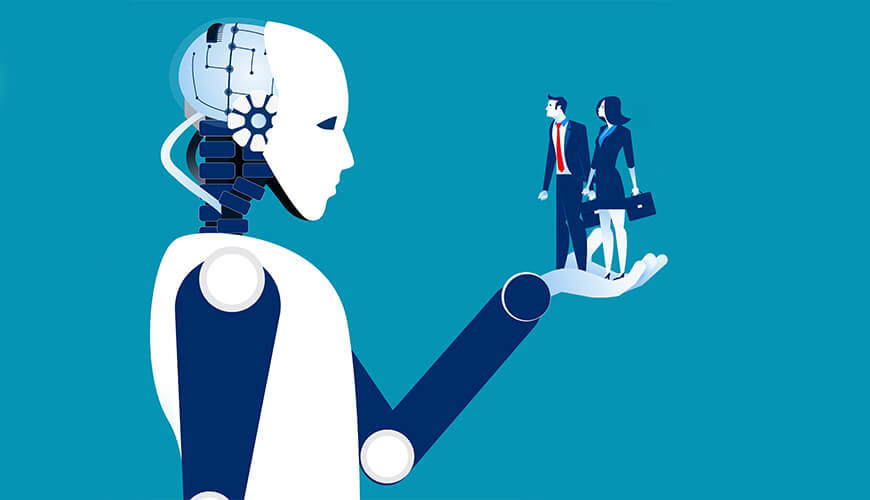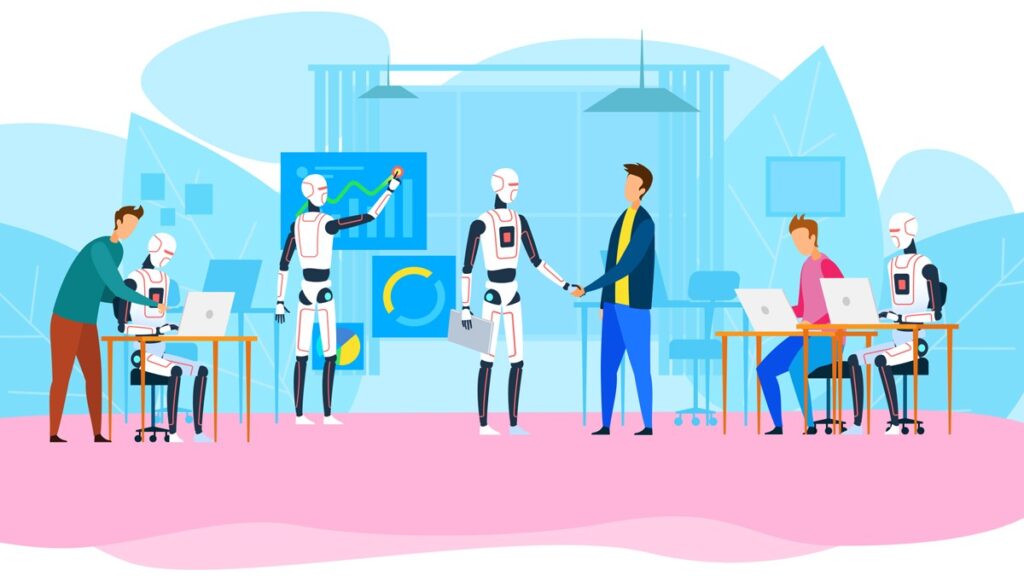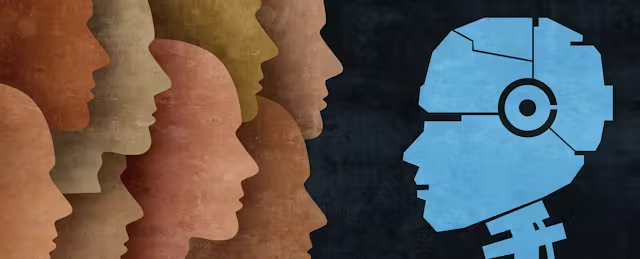As artificial intelligence transforms workplaces, the traditional belief that earning a STEM degree is a ticket to a stable, well-paid career faces increasing scrutiny. Recent data reveals that students and recent graduates are confronting a harsh reality: a STEM degree no longer guarantees entry-level opportunities, much less long-term career security.
In the United States, unemployment among young adults holding STEM degrees is now higher than expected. For instance, recent physics graduates face joblessness rates nearing 7.8 %, and computer engineering grads aren’t far behind at 7.5 %, according to the Federal Reserve Bank of New York. This is a notable reversal, as STEM degrees have historically held the lowest unemployment rates among recent college graduates.
Tech-focused majors like computer science, once regarded as almost fail‑safe career choices, are now encountering a growing struggle. A survey by Business Insider found that recent computer science grads are seeing a 6.1 % unemployment rate, surpassing the national average for their age group. Graduates are sending hundreds of applications, only to face silence or rejection. Even unpaid internships have become a default fallback, as degree holders scramble to gain any relevant experience.
What’s behind this shift? A powerful driver is the rapid adoption of AI for tasks once reserved for junior professionals. Companies like Amazon, Microsoft, Anthropic, and OpenAI are automating entry‑level coding, data processing, and support roles. Experts estimate that up to half of white‑collar entry‑level jobs could vanish within five years due to AI automation. In practice, organisations are skipping internships and junior hires entirely, with AI agents handling onboarding, testing, and routine programming tasks more cheaply and efficiently.
Tellingly, the unemployment advantage STEM graduates once had over non‑STEM peers has all but evaporated. The gap between degree holders and those without is now the smallest it’s been since the 1990s. That statistic, combined with the shrinking pool of entry‑level roles, illustrates how fragile the STEM Degrees at Risk narrative has become.
AI Disrupts Traditional Career Paths

The disruption goes beyond vacancies. Employers are shifting hiring priorities from degrees to demonstrable, up‑to‑date skills, particularly in AI competency. A PwC “AI Jobs Barometer” report shows that while demand for AI roles increased by 21 % from 2018 to 2023, degree‑requirements for those positions dropped by approximately 15 %. Instead, candidates proficient in prompt engineering, AI integration, and cloud‑based tools are winning the advantage.
PwC also identified a wage premium of 23 % for AI skills, surpassing the financial benefits of holding a degree at most education levels. This shift emphasises that today’s career ladder rewards what you can do, not just where you studied. PwC’s Global Chief AI Officer, Joe Atkinson, remarked that success now lies in building and applying expert knowledge rapidly, believing that formal qualifications alone are “out of date” in fields exposed to AI.
Universities are waking up. Institutions in Australia, the UK, the U.S., and beyond are revising curricula to include AI literacy, critical thinking, collaboration, and adaptability . A report from Demos and the University of London urged schools to integrate soft skills training and longer work placements—such as apprenticeships—to counter the scenario where entry‑level positions have disappeared.
Graduates themselves are adapting. Early-career workers are enrolling in AI certification courses, driving gig work on the side, and branching out to build non‑linear career paths. Gen Z engineers who grew up around AI are seen as potentially more adaptable—but they still need to prove their fluency, resourcefulness, and ability to collaborate in ways machines can’t replicate.
Thought leaders are sounding the alarm. Nobel laureates caution that a sole focus on STEM might be risky if the jobs those degrees aim for are being automated. Instead, the future may belong to interdisciplinary skill sets that combine technical know‑how with creativity, emotional intelligence, and human‑centric talents—qualities that AI struggles to emulate.
Some parents even prefer humanities or trade‑based paths for their children, seeing them as more secure in a world where creativity and dexterity remain in human hands.

What STEM Graduates Can Do
- Upskill deliberately in AI‑relevant tools—prompt‑crafting, model evaluation, cloud platforms, and more.
- Showcase hands‑on projects where AI is applied practically, like building an agent or automating code reviews.
- Pursue micro‑credentials and certifications versus relying on a four‑year degree alone.
- Cultivate soft skills, such as problem‑solving, teamwork, and creativity, which AI finds difficult to replace.
STEM Degrees at Risk isn’t a doom‑and‑gloom narrative—it’s a wake-up call. The promise of a STEM Degree remains real, but the path forward has changed. Those equipped to adapt, learn continuously, and leverage both technical and uniquely human skills will be the ones to thrive.
Join Our Social Media Channels:
WhatsApp: NaijaEyes
Facebook: NaijaEyes
Twitter: NaijaEyes
Instagram: NaijaEyes
TikTok: NaijaEyes








































